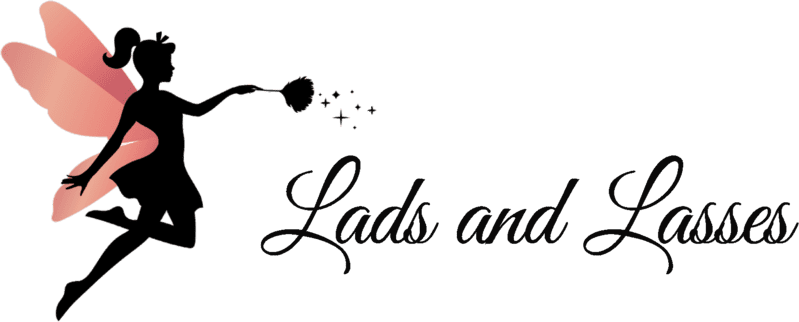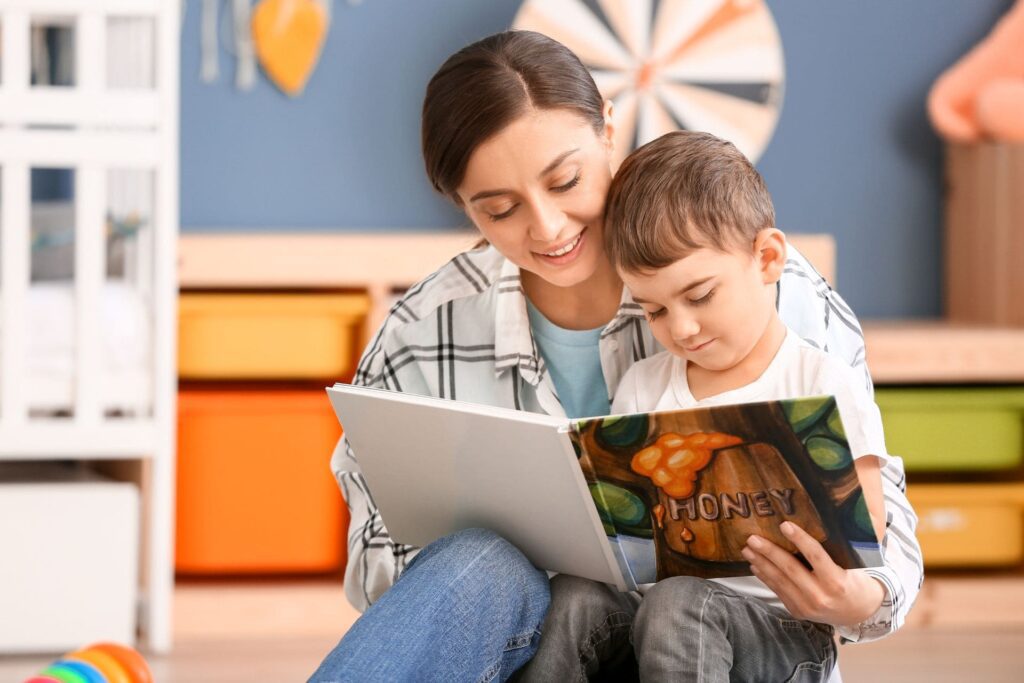Choosing a private educator for your child can offer numerous advantages and tailored benefits that may not be available in traditional educational settings. Here are several compelling reasons why parents opt for private educators:
- Individualized Attention: Private educators typically work with smaller groups or even one-on-one with students, allowing for personalized attention tailored to the child’s specific learning needs, interests, and pace. This individualized approach can facilitate faster progress and deeper understanding of academic subjects.
- Customized Curriculum: Private educators have the flexibility to design a curriculum that aligns closely with the child’s strengths, weaknesses, and interests. They can incorporate alternative teaching methods, hands-on activities, and interdisciplinary approaches to create a more engaging and effective learning experience.
- Focus on Specialized Areas: Private educators can specialize in particular subjects or areas of interest, such as music, art, languages, or STEM (Science, Technology, Engineering, and Mathematics). This specialization allows children to receive in-depth instruction and exploration in areas that may not receive as much attention in a traditional school setting.
- Flexible Scheduling: Private educators can offer more flexibility in scheduling, allowing families to create a learning schedule that fits their lifestyle and priorities. This flexibility can be especially beneficial for families with busy schedules, travel commitments, or specific preferences for when and how their child learns.
- Emphasis on Social-Emotional Development: Private educators often prioritize the holistic development of children, including their social and emotional well-being. With smaller class sizes or one-on-one interactions, educators can provide more personalized support, mentorship, and guidance to help children develop essential life skills, resilience, and self-confidence.
- Safe and Secure Learning Environment: Private educators can provide a safe, nurturing, and supportive learning environment where children feel comfortable expressing themselves, taking risks, and exploring new ideas. This sense of security can foster a positive attitude towards learning and a deeper engagement with educational materials.
- Parent Involvement and Collaboration: Private educators often maintain open lines of communication with parents, allowing for regular updates on their child’s progress, challenges, and achievements. This partnership between educators and parents enables families to actively participate in their child’s education and provide input into their learning journey.
- Tailored Educational Philosophy: Private educators may adhere to specific educational philosophies or approaches, such as Montessori, Waldorf, or Reggio Emilia. Parents can choose an educator whose teaching philosophy aligns with their own values, priorities, and educational goals for their child.
- Opportunities for Academic Advancement: Private educators can offer accelerated or enriched learning opportunities for academically gifted students, allowing them to reach their full potential and pursue advanced coursework or extracurricular activities tailored to their interests and abilities.
- Flexibility in Location: Private educators can provide instruction in various settings, including home-based learning, online platforms, or traveling. This flexibility allows families to choose a learning environment that best suits their child’s needs, preferences, and comfort level.






